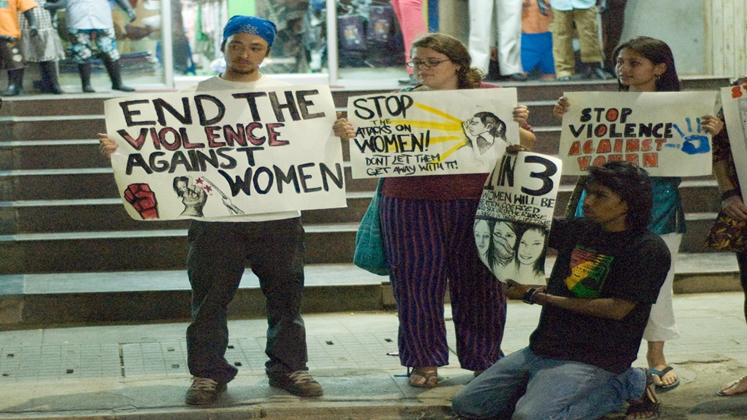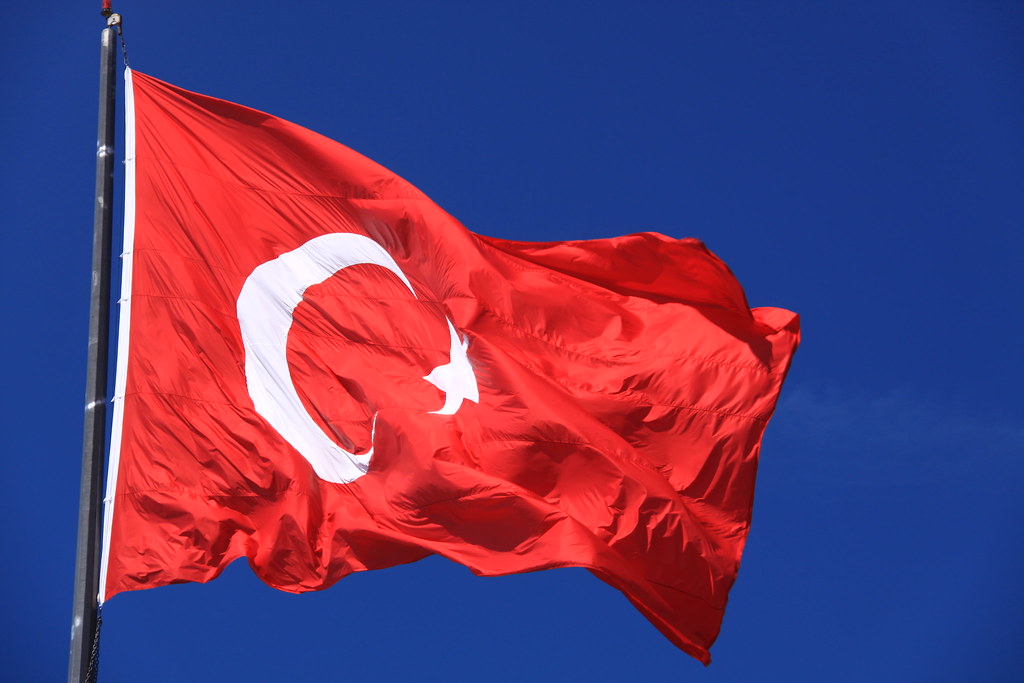
Manipur Violence: The Weaponizing of Sexual Offenses During Conflicts
By Guest Writer Prabhu Gupta
The small Indian state of Manipur has been engulfed in intense civil conflict due to ethnic tensions. The primary Meitei population, along with the smaller Kuki minority, are engaged in a struggle for control and territorial dominance, leading to violent clashes. Recently, a video went viral showing two naked women being paraded naked, molested, and raped by a mob in the violence-inflicted areas resulting in a huge uproar from both within and outside the nation.
Factual Backdrop and issues leading to the crisis
The northeastern Indian state of Manipur, situated to the east of Bangladesh and sharing a border with Myanmar, has a population of approximately 3.3 million people. The majority population belongs to the Meiteis, while around 43% belong to the Kuki and Naga tribes, which make up the predominant minority groups.
In Manipur a situation of ongoing violence began in May, resulting in the death of at least 130 people and injuries to 400 more. The conflict...


